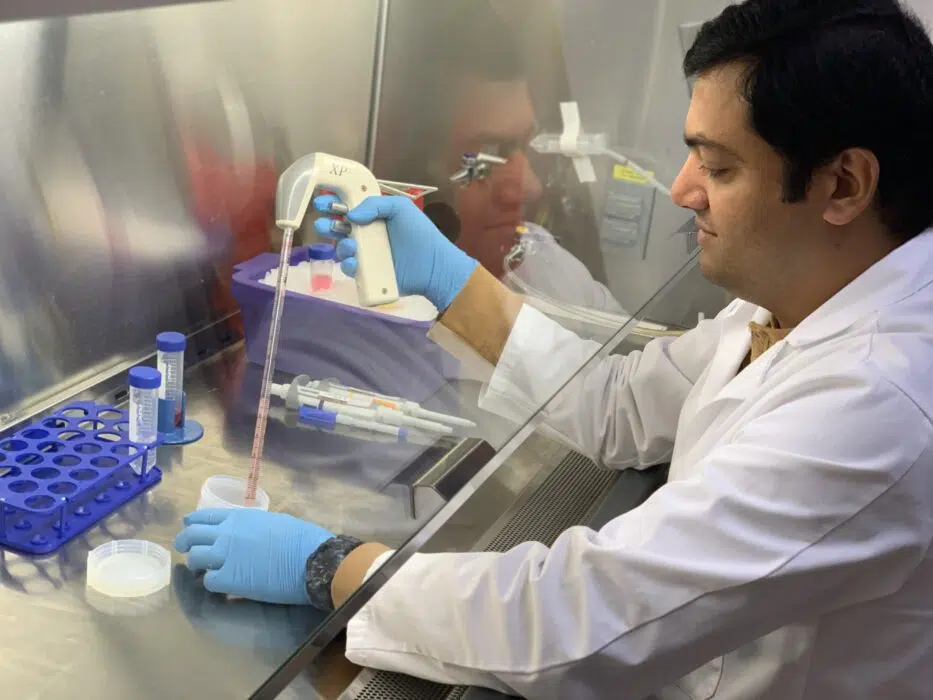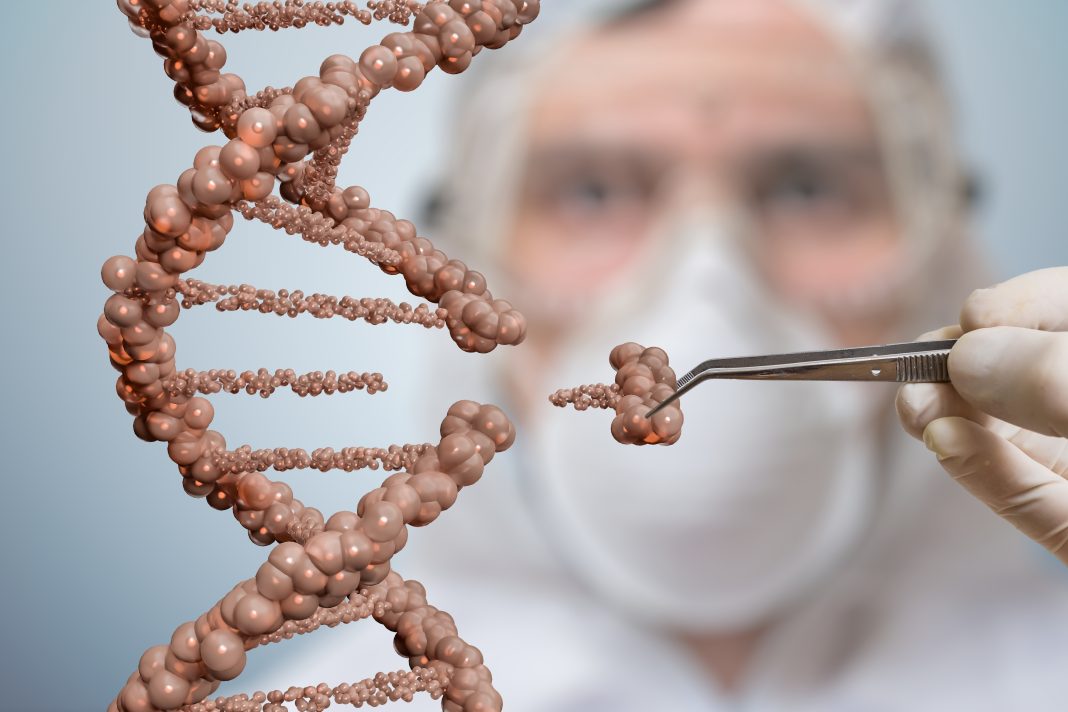New cell culture model for human alveolar macrophages will help advance research into respiratory diseases, from COVID-19 and tuberculosis to asthma, cystic fibrosis and chronic obstructive pulmonary disease.
By Texas Biomedical Research Institute
SAN ANTONIO (June 9, 2023) — Researchers at Texas Biomedical Research Institute have succeeded in generating the lung’s most important immune cell, the alveolar macrophage, in the lab. The cell culture model will make it much easier and inexpensive for researchers around the world to investigate lung inflammatory diseases and test new potential therapies.
Macrophages are the “Pac-Man” of the immune system, eating up garbage throughout tissues in the body. Alveolar macrophages specifically live in the lining of lung’s air sacs where air exchange occurs, and are usually the first immune cells to encounter pathogens entering the deep lungs, such as SARS-CoV-2 or the bacteria that causes TB.
“It is critical to study tissue-specific cells to better understand mechanisms of health and disease, and to screen potential new therapies,” says Texas Biomed Professor Larry Schlesinger, MD, and senior author of the paper published this week in the journal mBio.




